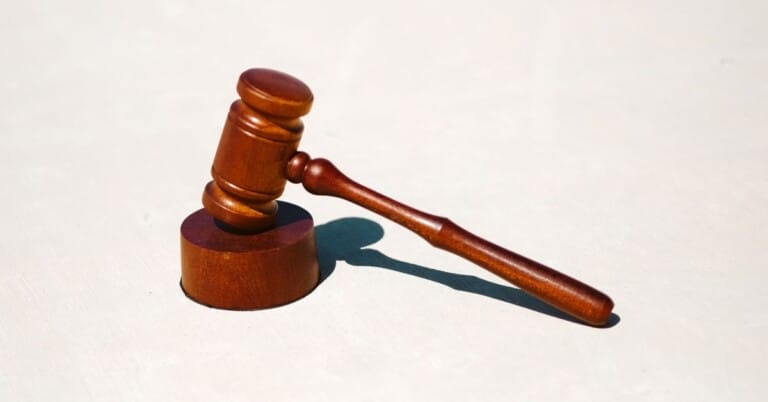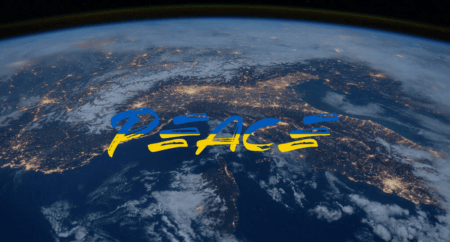In a decisive move, the United Nations Security Council is poised to convene next week to deliberate on the International Court of Justice’s latest directive calling upon Israel to take measures preventing genocidal acts in the Gaza conflict. This meeting, prompted by Algeria’s appeal for tangible action, could mark a critical juncture in international intervention in the region.
The International Court of Justice (ICJ), often referred to as the World Court, issued a statement requiring Israel to ensure the prevention of genocide and permit humanitarian aid into Gaza. While the ruling stopped short of demanding a cessation of hostilities, it underscored the necessity of a ceasefire to facilitate the mandated actions. Palestinian ambassador to the UN, Riyad Mansour, suggested an implicit urgency for a truce, indicating a potential upcoming push by the Arab Group for a halt in the fighting.
This upcoming Security Council session reflects the ongoing complexities of the Israeli-Palestinian conflict, a topic that has historically seen the Council divided. Since the surge of violence triggered by the October 7 attacks by Hamas, the Council has mustered consensus on only a handful of resolutions. Notably, one resolution from December stressed the critical need for scaled-up aid deliveries to the residents of Gaza under siege.
The conflict, ignited by Hamas’ unprecedented assault, has led to substantial Israeli casualties and a crisis of hostage-taking that lingers, with Israel reporting numerous captives still held in Gaza. In a robust response, Israel has initiated a military campaign which, according to Gaza’s health ministry, has resulted in over 26,000 deaths, with an overwhelming majority comprising women and children.
The ICJ’s ruling joins a chorus of international voices signaling the need for Israel to adhere to the 1948 UN Genocide Convention. The Court’s call to action, while not instituting an immediate ceasefire, lays out clear expectations for Israel to act decisively in preventing atrocities that could amount to genocide, illustrating the weight of the United Nations’ legal instruments in such grave matters.
As the world’s gaze turns once again to the UN Security Council, questions mount over the potential for a united stance among member states. The dual demands of addressing genocidal threats and facilitating humanitarian aid present not only a moral imperative but also a diplomatic challenge. The upcoming session is anticipated to be a bellwether for the Council’s ability to bridge divisions and galvanize collective action.
Amidst the anticipation of the Council’s meeting, one cannot help but consider the profound implications for the people of Gaza. The international community’s response, or lack thereof, has the power to alter the trajectory of the current crisis and shape the region’s future. What unfolds in the chambers of the United Nations could very well resonate on the ground in Gaza, offering a glimmer of hope for peace or embedding the cycle of violence even deeper.
In these times of escalating conflict and human suffering, the spotlight on the United Nations Security Council’s deliberations is a reminder of the enduring quest for peace and the pivotal role of international law and diplomacy in the pursuit of justice. The coming days will reveal whether the Council can rise to the occasion and set a precedent in upholding human rights and fostering peace in one of the world’s most tumultuous regions.
What’s your take on this? Let’s know about your thoughts in the comments below!












